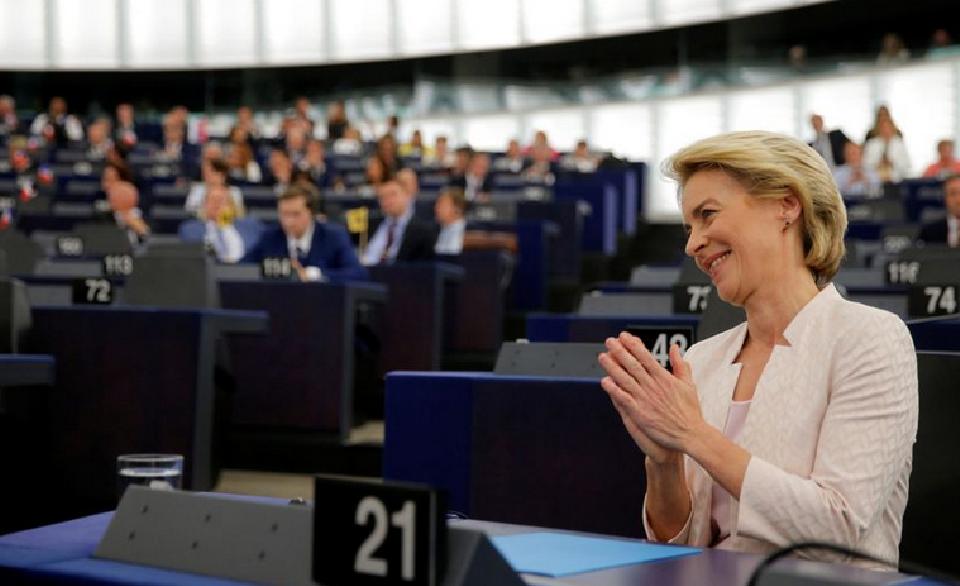Of course, we can add to the title: for now. For the time being, the European Commission has averted the threat of a lawsuit by the European Parliament regarding the rule of law decree. According to them, the request of the EP, that in the most obvious cases (ie: Hungary and Poland), the rule allowing the withholding of EU funds should be strengthened as soon as possible is not valid on the ground of law.
The left-liberal representatives are now indignant because of this.
Earlier, Magyar Nemzet also wrote about how the EU Parliament, in a decision at the beginning of June, demanded the closure of money taps in relation to Budapest and Warsaw due to the alleged violation of the rule of law. At the end of June, EP President David Sassoli threatened the European Commission with a lawsuit in a letter addressed to Von der Leyen, saying: based on Article 265 of the treaties, the commission fails to fulfill its duties when it does not act in the interests of the rule of law, and for this reason it can be taken to court.
And the left-liberal representatives of the EU parliament published the commission's response on Twitter, voicing their indignation. In it, the Von der Leyens clearly state: the EP's request is not clear and precise enough from a legal point of view, so the committee cannot take a position on the request that it should act "in the most obvious cases".
The body that oversees contracts also states that the application of the rule of law decree must be objective, fair and impartial. As they write, the application of the legislation is not being suspended, the EC has been applying it since its entry into force on January 1st. The Brussels critic of the Hungarian government, Sophie in't Veld, a European ally of Momemtum, called the legal argument an open provocation.
"The committee is not offending the EP, but the European citizens," he underlined. The issue was also raised at the European Commission's press conference on Tuesday, where the competent spokesperson of the body also rejected the EP's accusations. As it was announced in Brussels, the European Court of Justice is constantly preparing the cases that can potentially be sanctioned, and in the meantime, it has also started to develop guidelines for the application of the regulation.
You can read the full article in Magyar Nemzet













